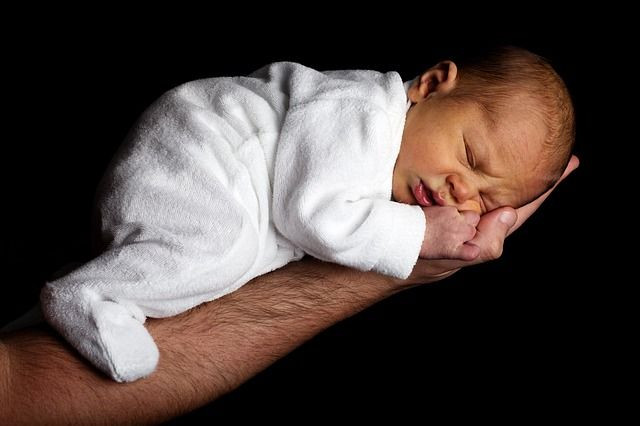Depressed Moms Linked to Shorter Kids

Children of mothers who suffer symptoms of depression in the first year after giving birth are significantly more likely to be shorter than their peers, according to a new study.
Researchers looked at data from more than 6,500 children from the nationally representative U.S. Early Childhood Longitudinal Study Birth Cohort study.
They found mothers who reported moderate to severe symptoms of depression nine months after their delivery were 40 percent more likely to have children who were at or below the 10th percentile for height, meaning that they are shorter than 90 percent of their peers, at age four and 48 percent more likely to be at or below the 10th percentile for height at age 5 compared to other children, according to the study published in the journal Pediatrics.
"What we found is that mothers with higher levels of depressive symptoms in the first year postpartum were more likely to have children who were shorter in stature in preschool and kindergarten age," said lead researcher Pamela Surkan, assistant professor at the Johns Hopkins Bloomberg School of Public Health, in Baltimore, according to HealthDay. "This study points to another reason why it's really important for mothers to get help for depression during the postpartum period."
It is unclear as to why maternal depression is associated with shorter children but experts suggest that feeding practices and nutrition may play a role.
Experts say that a symptom of depression can be loss of appetite, and if a mother is depressed, she may not be that interested in what anybody is eating, including the baby.
Another explanation is that depressed mothers may have insomnia, which could disrupt the baby's sleep and feeding a schedule. Experts say that feeding a baby is a social interaction, and mothers who have mood swings or are ambivalent may have babies that do not look forward to eating as social interaction time.
Researchers say that maternal depression can also cause children to feel stressed, and high levels of the stress hormone cortisol are linked with lower levels of the growth hormone in children. Surkan and her team noted that while they found an association between maternal depressive symptoms and shorter children, they did not prove that the mother's depression caused the children to be shorter.
Researchers also noted that they did not find an association between maternal depression and thinner children, meaning that children of depressed mothers were not more likely to be underweight for their height or age.
Researchers said that stunted growth, usually defined as the 5th percentile or less for height, has been linked to higher risk of some diseases and death in childhood and even in the long term. Past studies have also shown that maternal depression can lead to poorer development and decreased growth in the first two years of life.



























